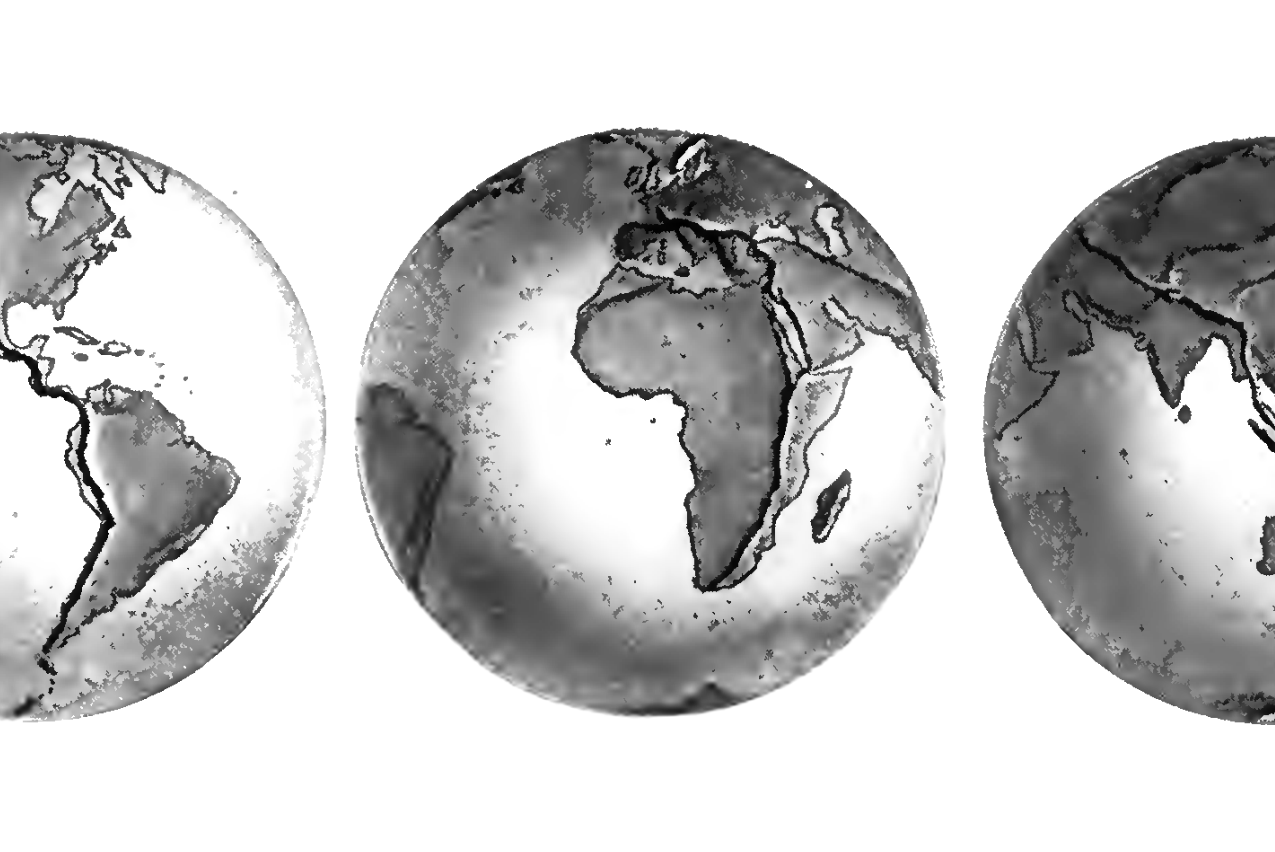<![CDATA[According to Irish and Indian geologists, life on earth may have started much earlier than is traditionally thought. Scientists usually suggest the earth began to be suitable for life about 2.4 billion years ago. These geologists however, are challenging that view, stating that the earth became suitable about 600 million years earlier and that the first living organisms began to sprout up 60 million years sooner than is normally believed. According to earlier scientific studies, the Earth went through a phase known as the Great Oxidation Event about 2.4 billion years ago. During this time the Earth's atmosphere became rich with oxygen, making it suitable for life. Before this event took place the Earth didn't have any atmospheric oxygen, but was filled with methane and carbon dioxide. Dr. Quentin Crowley, lead author of the study and assistant professor of Natural Sciences at Trinity College Dublin, writes that there was a short-lived oxidation event that occurred about 3.02 billion years ago. Crowley and his colleagues came to this conclusion by looking at soil from the Singhbum Craton of Odisha in India. This paleosol, or ancient soil, showed chemical weathering that occurred as a result of increased oxygen levels at a time sooner than previously thought. The soil was looked at by a team from the Presidency University in Kolkata, India. Using uranium-lead isotopes, they determined the paleosols to be over 3 billion years old. A study done in South Africa stated that the Earth had a short-lived period of oxygen build-up that took place about 2.96 billion years ago, which is much earlier than the more accepted Great Oxidation Event. This latest study however, puts life to have begun 60 million years before the estimate of the South Africa study, and 600 million years ahead of the Great Oxidation Event. Crowley states that the weathering of the rocks gives an indication to the chemical composition of Earth's atmosphere at that time. The life forms responsible for the photosynthesis that produced the elevated oxygen levels were most likely single-celled organisms, such as bacteria. Simple plants did not evolve until much later. Crowley states that this is a rare find, as there have been few paleosols found that are more than 2.5 billion years old. These studies highlight the amount of time that elapsed from the formation of the planet to the creation of the life inhabiting it today. Based on Crowley's study, most multi-cellular life forms have only been on the Earth for a tenth of the time since the Great Oxidation Event. Crowley's study was published last month in the journal "Geology". ]]>
Life May Have Begun Earlier Than Thought
